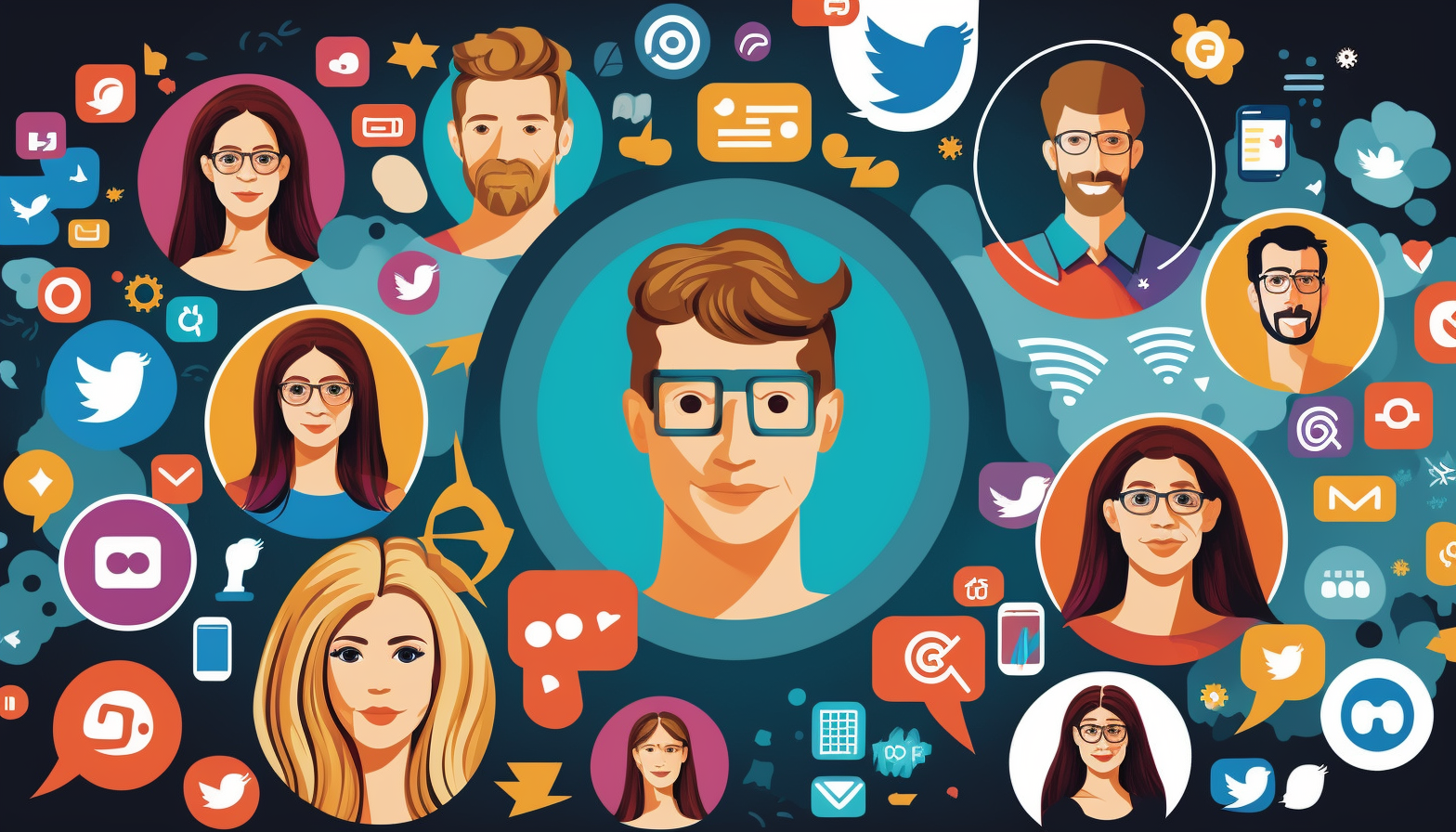The public release of ChatGPT has taken the tech world by storm. Although the use of machine learning and artificial intelligence in marketing is not new, I thought now is the perfect time to revisit the topic of AI.
Never before has it been this easy to leverage AI with such ease and at scale. Let’s dive in to one of the marketing use cases.
In the last decade, influencer marketing has become a crucial aspect of many brands’ marketing strategies. With the rise of social media, some influencers have gained massive followings and/or built significant communities. These have become powerful avenues for brands to reach and engage their target audiences. However, as the number of influencers on social media continues to grow, it has become increasingly difficult for brands to identify which influencers to partner with.
The benefits of AI-powered influencer marketing are numerous. Firstly, it allows for greater accuracy in identifying the most effective influencers for a brand. Tools such as Lionize and CreatorIQ leverage machine learning to analyze large amounts of data, determining which influencers are most likely to resonate with a brand’s target audience based on factors such as audience demographics, engagement rates, and post frequency. This ensures that brands are partnering with influencers that have the highest potential to drive quality engagement and conversions.
Secondly, AI-powered influencer marketing increases efficiency in the influencer selection process. Traditionally, identifying and vetting influencers required a significant amount of manual effort, including reviewing their content, analyzing their audience, and monitoring their engagement. However with these newest tools, this process is nearly fully automated, allowing brands to quickly identify and partner with the most effective influencers for their campaigns. This frees up time and resources for the marketing team to focus on other aspects of their strategy while also ensuring that they are making data-driven decisions in their influencer partnerships.
There are already several real-world examples of successful AI-powered influencer marketing campaigns. For instance, a diabetes research non-profit partnered with an influencer platform to drive engagement and conversions. They levered the AI-powered technology to match with dozens of influencers and then managed a program that increased social media engagements by 36% over six months. It also resulted in a marginal decrease in cost per conversion.
These case studies demonstrate the power of AI-powered influencer marketing in driving engagement and conversions. By leveraging AI to identify influencers that are a natural fit for their brand, companies can create more targeted and relevant campaigns that resonate with their audience. It’s not just about working with influencers that have the largest followings; it’s about finding the right influencers that can create authentic content – aligning with the brand’s values and messaging.
While AI-powered influencer marketing has proven to be an effective way for brands to identify and partner with the most effective influencers, it is not without its challenges and limitations. One concern is the potential for algorithmic bias in influencer selection, which can lead to a lack of diversity and inclusivity in influencer partnerships. To mitigate this risk, it’s important for marketers to carefully evaluate the data and metrics used in AI-powered influencer marketing tools, and to also incorporate human oversight and expertise to ensure that decisions are fair and ethical.
In conclusion, the rise of AI-powered influencer marketing is transforming the way brands approach influencer partnerships. By leveraging machine learning algorithms and other AI-powered tools, brands can now more accurately identify and partner with influencers that are most likely to drive real engagement and leads/sales. However, as with any new technology, it’s important for marketers to be mindful of its limitations and potential drawbacks, and to ensure that AI-powered influencer marketing is used in a way that is ethical, inclusive, and effective. By striking the right balance between technology and human expertise, brands can create impactful influencer campaigns that resonate with their target audience and drive real business results.
